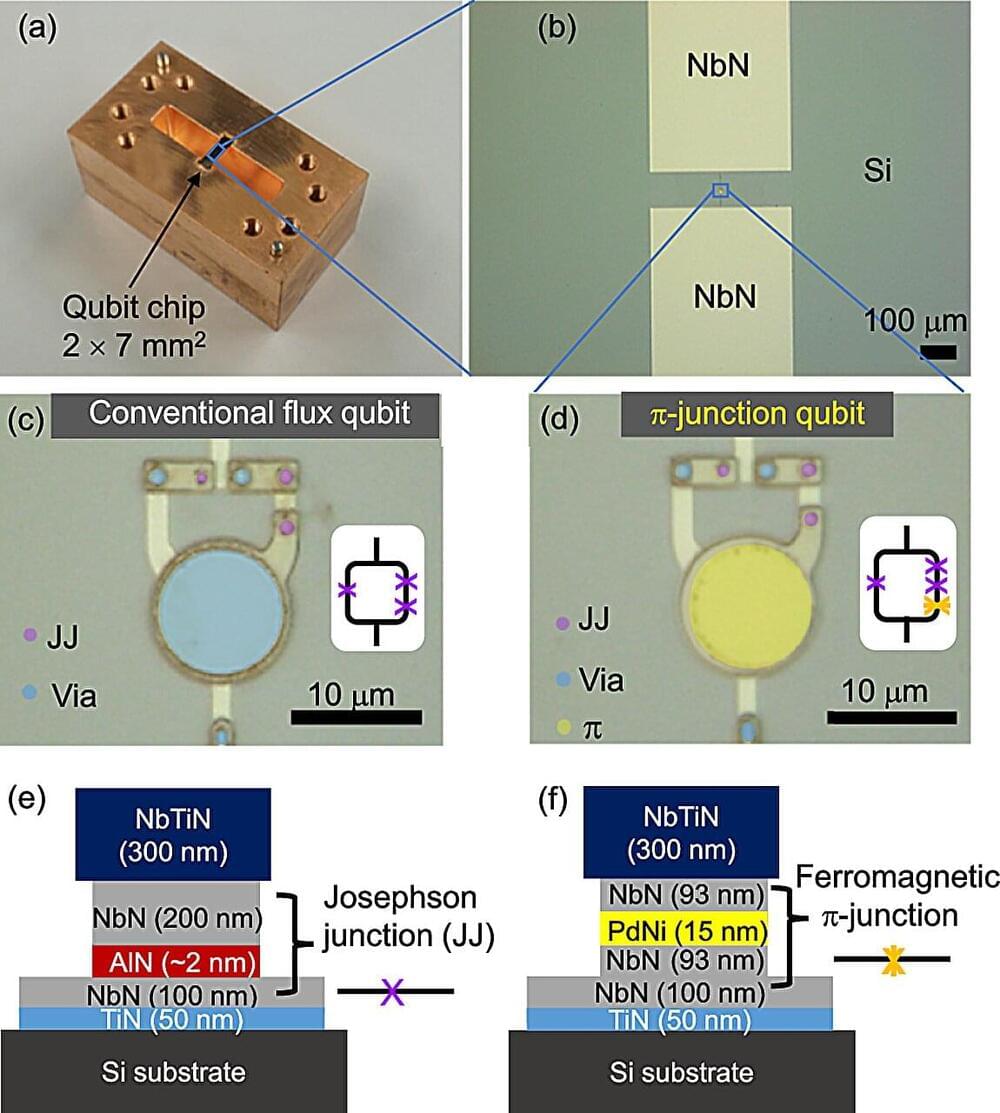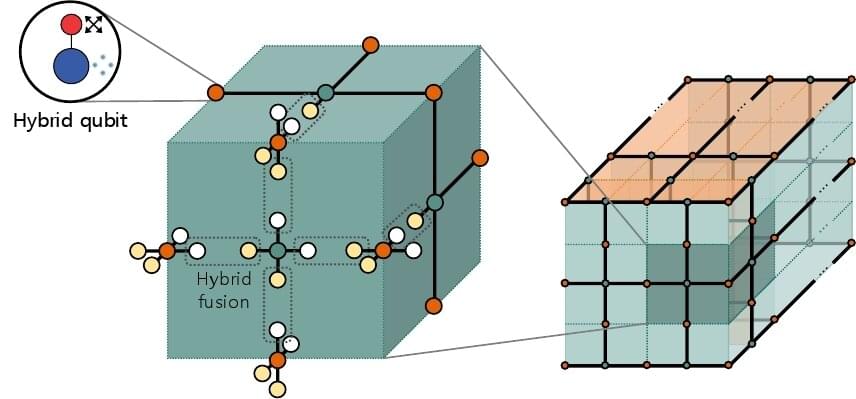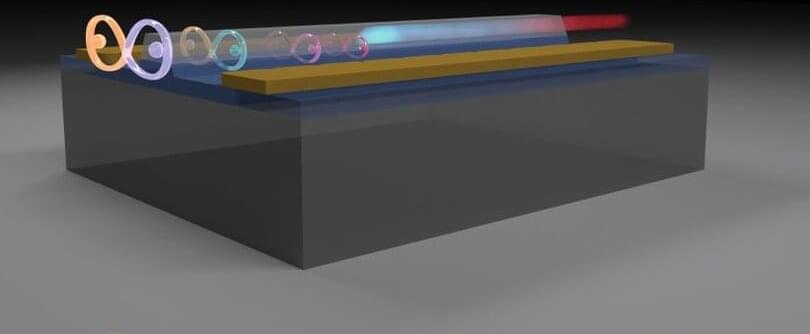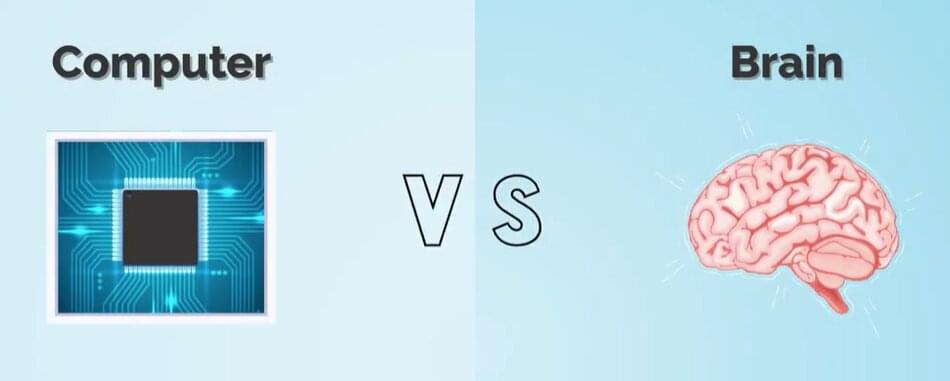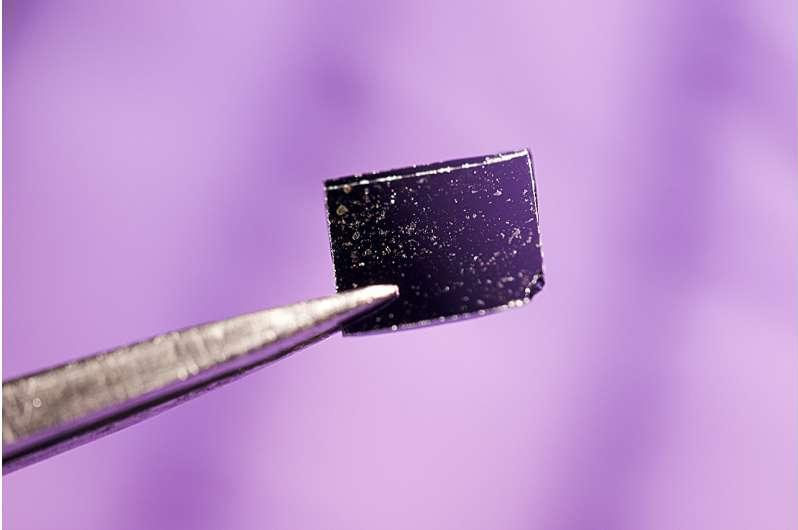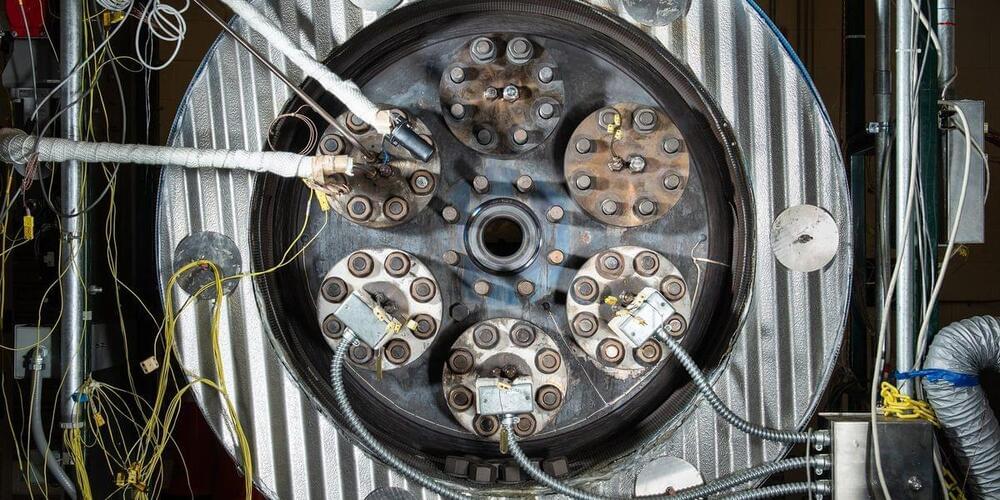
Are we alone in the universe? Are there other technological civilizations out there and how can we find them? This is what a recent preprint submitted to The Astronomical Journal hopes to address as a team of researchers led by Penn State University investigated new methods for detecting radio signals from extraterrestrial technological civilizations (ETIs). This study holds the potential to help researchers better understand and develop more efficient methods for detecting radio signals from ETIs and how we can continue to improve these methods.
For the study, instead of attempting to detect radio signals directed at Earth from an ETI, the researchers focused on radio signals that could potentially be traveling between planets, known as planet-planet occultations (PPOs). The team tested this method on the TRAPPIST-1 system, which boasts seven approximate Earth-sized worlds, and at least three orbiting within its star’s habitable zone (HZ). After using computer models to estimate the number of potential PPOs that could be found within the system, the researchers used the Allen Telescope Array (ATA) to scan the TRAPPIST-1 system for 28 hours with the goal of detecting radio signals emanating from ETIs. In the end, the researchers detected no signals, but this study opens the door for better understanding how to develop and improve methods for detecting ETI radio signals.
“This research shows that we are getting closer to technology and methods that could detect radio signals similar to the ones we send into space,” said Nick Tusay, who is a PhD student in the Department of Astronomy and Astrophysics at Penn State and lead author of the study. “Most searches assume a powerful signal, like a beacon intended to reach distant planets, because our receivers have a sensitivity limit to a minimum transmitter power beyond anything we unintentionally send out. But, with better equipment, like the upcoming Square Kilometer Array, we might soon be able to detect signals from an alien civilization communicating with its spacecraft.”

